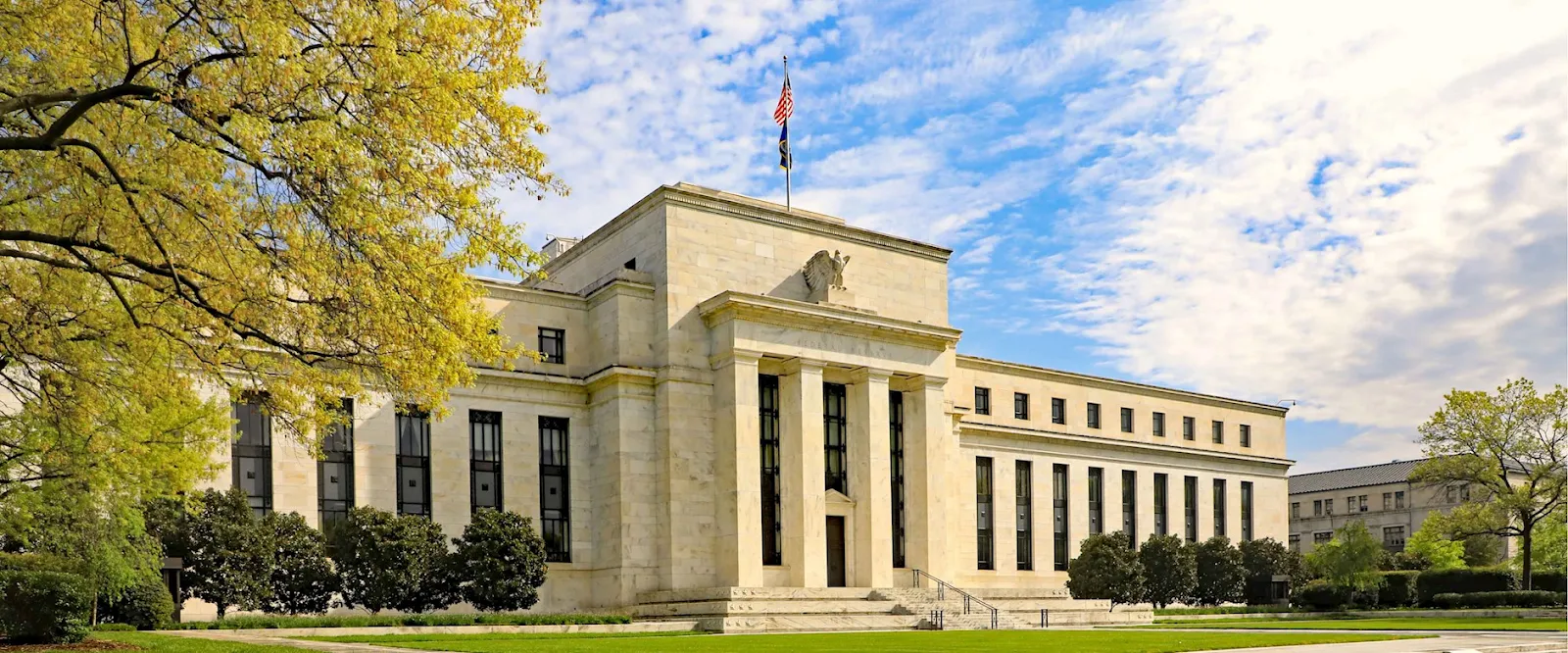This week's crucial inflation report will put the US stock market to the test, which is already reeling from concerns about the Federal Reserve's (Fed) aggressive stance and the impact from the worst bank failure that since financial crisis.
After Fed chair Jerome Powell cautioned that policymakers would raise rates more than expected if incoming data showed the economy is still strong after nearly a year of tightening, last Friday's mixed US jobs report allayed some concerns about significant rate hikes.
However, a hotter than anticipated retail price study tomorrow may rekindle market jitters about jumbo-sized Fed rate hikes similar to those that shook things up last year.
It would be unwanted in a market that is on edge following Silicon Valley Bank's parent company SVB Financial Group's failure this week.
According to Robert Pavlik, senior portfolio manager at Dakota Wealth, "there is uncertainty surrounding the inflation data and there is a lot of confusion produced by SVB's collapse and anxiety that it might be a bigger problem.
"Confusion and uncertainty are being handled by the market in a very short time frame."
Last Friday's decline in the S&P 500 increased the weekly loss to 4.5%. The benchmark index is presently clinging to a 0.6% gain for 2023 after a significant comeback in January.
Investors are becoming concerned that the Fed's effort to fight inflation by ending the low interest rate period has revealed economic flaws that could deepen if it steps up its rate hikes.
In the aftermath of problems for SVB and symmetric encryption Silvergate, which this week reported plans to wind down activities and voluntarily liquidate, traders were alert for signs of spread in the financial sector and beyond.
In general, the market is being affected by the worries coming from the financial industry, according to Michael James, general manager of equity trading at Wedbush Securities.
"When you add Silicon Valley Bank's failure to the Silvergate fiasco... that is spreading anxiety about the stability of the market as a whole.
According to CME's Fedwatch tool, markets looked to be lowering their expectations for the Fed to be less aggressive last Friday, pricing in a 40% likelihood that the institution will hike rates by 50 basis points at its meeting on March 21–22.
Last Thursday, those odds were about 70%, but they dropped after investors learned more about SVB's problems and saw the employment numbers.
Two-year US Treasury rates, which closely reflect Fed policy views, were on course for their greatest two-day basis-point decline since September 2008 as of late on Friday.
Rate hikes are beginning to bite, and the Fed now has very clear evidence that their actions are having an impact on the economy as well as the financial system. While this isn't enough to cause the Fed to pause, it is something they will consider, according to Mark Haefele, the chief investment officer at UBS Global Wealth Management, in a report published on Friday.
If the consumer price index (CPI) report for February exceeds the 6% year-over-year increase predicted by economists surveyed by Reuters, rate expectations may once more change significantly. The day after the consumer price report, more inflation figures on producer prices are released.
According to John Lynch, chief investment officer at Comerica Wealth Management, reducing average increase from a peak of 9% last year to present levels was a "simple step," but doing so from 6% to 3% will be more challenging.
Throughout the previous year, markets have generally been more volatile, with the S&P 500 changing an average of 1.8% in either way on CPI days as opposed to an average daily change of 1.2% overall.
According to Trade Algo data, S&P 500 Index options at noon on Friday suggested that the index would move 1.8% in either way in the hour after the publication of the data based on the CPI reading.
Last Friday, amid a significant equities sell-off, volatility spiked, with the Cboe Volatility Index, also known as Wall Street's fear barometer, reaching its highest level since late October.

Subscribe to our newsletter!
As a leading independent research provider, TradeAlgo keeps you connected from anywhere.








